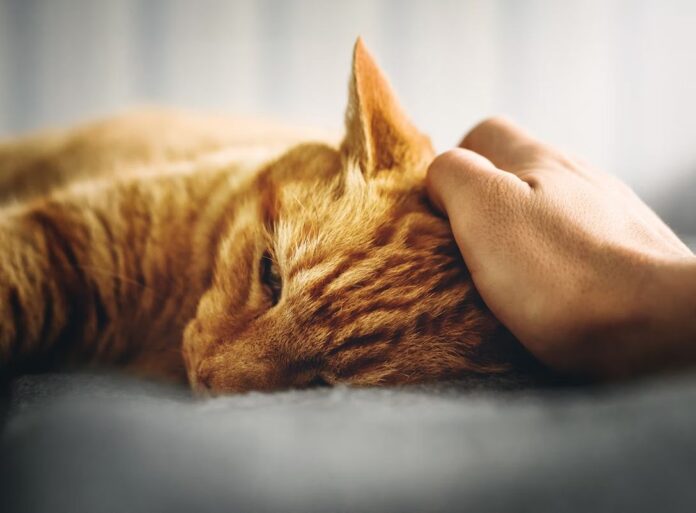Cats are pretty reserved when it comes to showing off their emotions. Unlike dogs, which are always excited about something, cats like to conserve their energy on more important things, like napping or snacking. But even if it’s difficult to notice that your cats have changed in terms of behavior, you should know that cats can become ill quickly, and the symptoms silently affect them.
It’s best to know your cat and acknowledge their personality because doing so can help you prevent disease. For example, cats in pain might change their behavior drastically and become more needy than ever or withdrawn and moody. Noticing changes early is recommended, so let’s dive into some basic signs of sickness in cats.
Increased vocalization
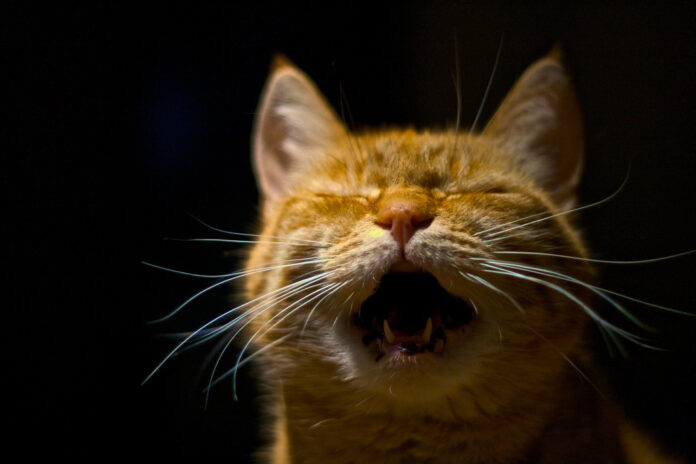
If your cat is usually vocal and likes to talk to you often, everything is fine, but if they’re generally quiet and suddenly meowing without a break, it might be a sign they’re sick. If this lasts more than 24 to 36 hours, you should immediately take them to the vet since they might experience underlying severe health issues. This might mean that your cat has an upset stomach or a neurological problem, which is why too much meowing can be concerning.
Another reason for increased vocalization is a dysfunctional cognitive syndrome (CDC) that is associated with night-walking, disorientation, house soiling and changes in interactions with others. The causes are mainly unknown, although genetic factors are believed to influence such illness. It’s more frequent in cats aged over 11, and it can lead to loss or impairment of the cat’s cognitive functions. Although it’s difficult to prevent, you can at least ease the pain by treating your cat right.
Excessive thirst
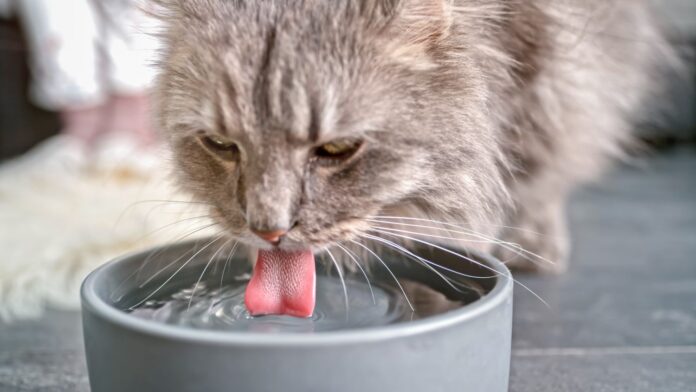
Although cats are generally not attracted to water in any situation, they still need to hydrate themselves. However, if you notice their bowel is getting empty faster than usual and your cat is drinking and looking for alternative water sources like crazy, it’s a severe problem. Excessive thirst, along with urination problems, can be caused by:
● Diabetes mellitus. This happens when the cat’s body becomes resistant to insulin. It can be associated with Type two diabetes in people since obesity, concurrent diseases and genetics seem to be the cause of this illness.
● Hyperthyroid diseases. It may be more frequent in older cats, and the symptoms include decreased appetite, weight loss, nausea, vomiting and diarrhea.
● Chronic kidney disease. Middle-aged and older cats are predisposed to this disease, and the symptoms include increased appetite, weight loss, hyperactivity or restlessness, vomiting and diarrhea.
But since these disorders can be treated if identified early, contacting your vet as soon as possible is best. Treatment often includes insulin injections for diabetes, iodine medication for hyperthyroid and a change in diet plus specific medicines for kidney disease. But this will depend on the cat’s health condition and other existent diseases.
Weight loss
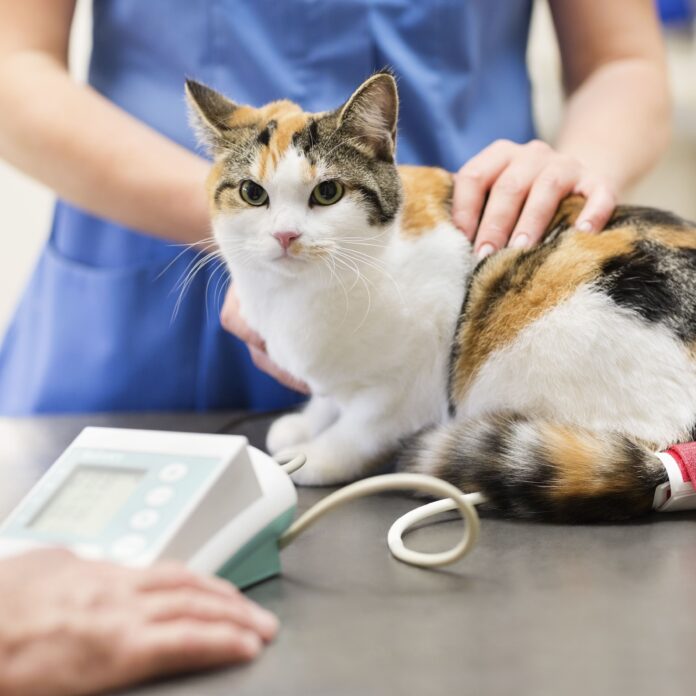
Losing weight in cats is among the most worrying problems since they can lose up to a few kilograms fast. This can be caused by dental health problems that make them unable to eat or an internal issue that makes it harder for their organs to work properly. It would be best to monitor their food and water intake to report to your vet before the appointment. Being preventive can save your cat’s life, and according to Bivvy, routine care can help your cat avoid being seriously ill.
But sudden weight loss can also be caused by:
● Anxiety, stress, or depression. Prolonged stressful situations like excessive noise or dirty food dishes can make your cat upset;
● Cancer, of which other symptoms may include loss of appetite, lethargy and hiding;
● Diabetes. This disease will make your cat have a sweetly scented breath, sluggish behavior, and urinating more than usual;
● Feline infectious peritonitis, which is a common virus among cats, will cause them to seem sick and have a fever;
● Gastrointestinal problems, like inflammatory bowel disease or food allergies, can make the cat lose weight since they lack appetite and vomit frequently;
● Intestinal parasites that cause bloating, breathing difficulties, and vomiting might not always show obvious signs.
Changes in appearance
One of the most obvious signs of sickness in cats is a hunched, sad position and difficulty tilting their head and tail. This might become noticeable when they stop grooming themselves. When that happens, your cat will have greasier and messy fur, an increase in dandruff and clumps of loose hair everywhere. But other factors are causing this, like:
● Obesity, which makes it harder for a cat to reach all their body parts;
● The age that comes with less flexibility, pain and aches;
● Change in lifestyle, like moving out frequently or introducing a new pet to the family;
Other significant changes to look for include:
● Stopping to use their litterbox. Cats can stop using it when they experience intense distress. If they urinate outside the litterbox, they might experience pain due to kidney stones, urinary tract infection or a blockage. Or they might start spraying urine around the house.
● Refusing to socialize. Most cats like to interact with people and other pets, but when they start to become absent, you should make a vet appointment. This can happen especially with indoor cats, as they are more sensitive to life changes.
Besides taking them to appointments regularly, we can do more at home to care for our cats. It’s recommended to feed them nutritious food, take them on walks and provide them with spaces to hide and play. Cats are not pretentious pets, but they still need the bare minimum to be healthy and avoid developing life-threatening health problems. At the same time, they feel stress the same way people experience it, but they’re more affected physically and mentally.
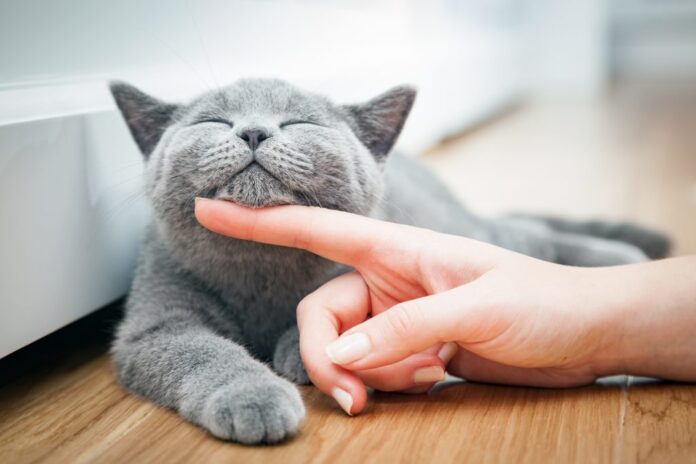
Having a happy cat means understanding their needs. If your cat is not friendly, don’t force it outside, or if they like people, make sure you introduce them to other pets or people. Caring is understanding; this is how cats can live long and happily.
